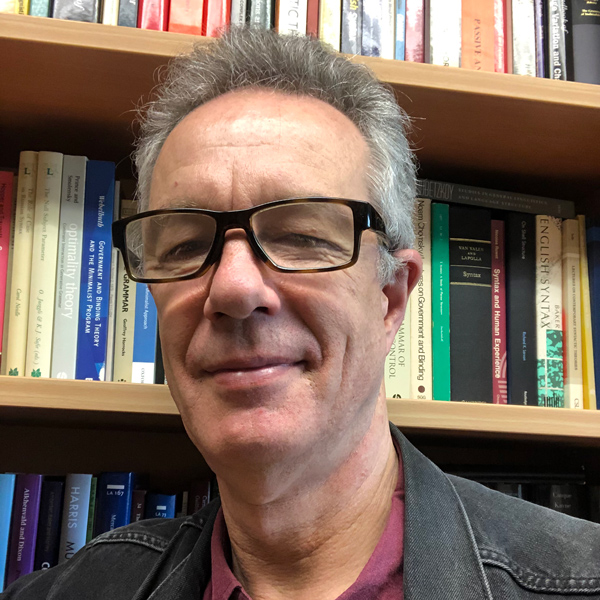
PhD and Research Masters
Why a PhD or Research Masters in linguistics at Newcastle?
The University of Newcastle's linguistics research strengths include:
- The Endangered Languages Documentation, Theory and Application (ELDTA) Research Program, which focuses on documenting, describing, and investigating indigenous languages of Australia and the Pacific region.
- Applied linguistics. Second language acquisition and bilingualism are key research areas at UON, and our Language and Inclusion Research Network is involved in furthering our understanding of the relationship between language competence and social integration.

World-class research
We are ranked in the top 100 in the world for linguistics by the QS World University Rankings by Subject.
Our history of success in achieving competitive national and international grants enables us to offer PhD scholarships in endangered languages research.
UON's linguistics research projects lead Australian and international researchers in language documentation and its applications for indigenous communities across Australia and the Pacific.
PhD and Masters by Research students benefit from working with researchers who have extensive expertise in all aspects of endangered language research. This includes documentation, fieldwork and recording techniques; linguistic annotation tools; digital archiving; linguistic analysis and grammar writing; as well as the investigation of aspects of issues of wider scientific and socio-cultural significance in the endangered languages of our region.
What you can research
Research proposals are invited in the following areas:
- Language documentation and description
- Australian and Pacific descriptive language projects
- Second Language Acquisition
- Bilingualism
- Teaching English to Speakers of Other Languages (TESOL)
Research methodologies
Most of the research we conduct in the field of applied linguistics is empirical and/or experimental in nature, and involves both qualitative and quantitative methodologies.
Find a supervisor
Before you apply, contact a supervisor for discussion on possible research projects. This will allow you to frame your proposal to align with established disciplines and areas of supervisor capacity.
- Associate Professor Mark Harvey: Language description and documentation, focussing on indigenous Australian languages; phonology; morphology; complex predicates.
- Dr Jean Harkins: Intercultural communication and semantics, focussing on indigenous Australian languages; second language acquisition.
- Dr Alan Libert: Turkic languages; artificial languages; adpositions; onomastics.
- Dr Catriona Malau: Language description and documentation; Oceanic languages of the Pacific, focussing on Vanuatu.
- Dr Christo Moskovsky: Second language acquisition; bilingualism.
- Dr Åshild Næss: Language description and documentation; Oceanic languages, focussing on languages of Temotu Province, Solomon Islands; typology, with a focus on transitivity and argument structure.
- Dr Bill Palmer: Language description and documentation; Oceanic languages of Pacific, focussing on Bougainville and Solomon Islands; syntax.
How to apply
for graduate study
The University of Newcastle acknowledges the traditional custodians of the lands within our footprint areas: Awabakal, Darkinjung, Biripai, Worimi, Wonnarua, and Eora Nations. We also pay respect to the wisdom of our Elders past and present.
